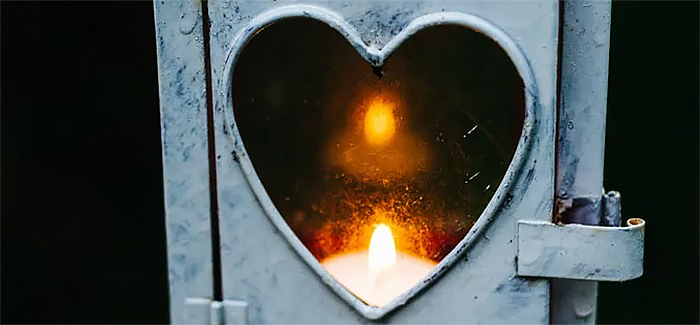
The great challenge is living your wounds through instead of thinking them through. It is better to cry than to worry, better to feel your wounds than to understand them, better to let them enter into your silence than to talk about them. The choice you face constantly is whether you are taking your wounds to your head or your heart. – Henri Nouwen
Fr. Rolheiser writes that part of us understands exactly what Henri Nouwen is saying here, even as another part of us congenitally resists his advice: There’s a place in us that doesn’t want to cry, doesn’t want to feel our hurt, doesn’t want to take our pain to a place of silence, and doesn’t want to take our wounds to our heart. And so instead, in our heartaches and wounds, we grow anxious and obsessive, we struggle to understand, we talk endlessly to others, and we try to sort things out with our heads rather than letting ourselves simply feel them with our hearts. For all of this wisdom he provides, there needs to be some qualification: We must also take our wounds to our heads. Our hearts and heads need to be in sync. The way we take pain to our heads and block healing tears in our hearts is by denial, by rationalization, by blaming, by not simply and honestly admitting and owning our own pain, our own helplessness, our own weakness, and our own inadequacy. When we are brought to our knees by heartache and pain, we shouldn’t try to deny that pain, its bitter strength, or our helplessness in dealing with it. To do so is to risk becoming hard and bitter. Tears connect us to our origins and allow life’s primal water to flow through us again. Moreover, when we take our pain to our hearts and when we honestly admit our weaknesses and helplessness, God can finally begin to fill us with strength. Why? It is only when we are brought to our knees in utter helplessness, only when we finally give up on our own strength, that God can send an angel to strengthen us like God sent an angel to strengthen Jesus during his agony in the garden. That is why it is better to feel our wounds than to understand them and why it is better to cry than to worry.
